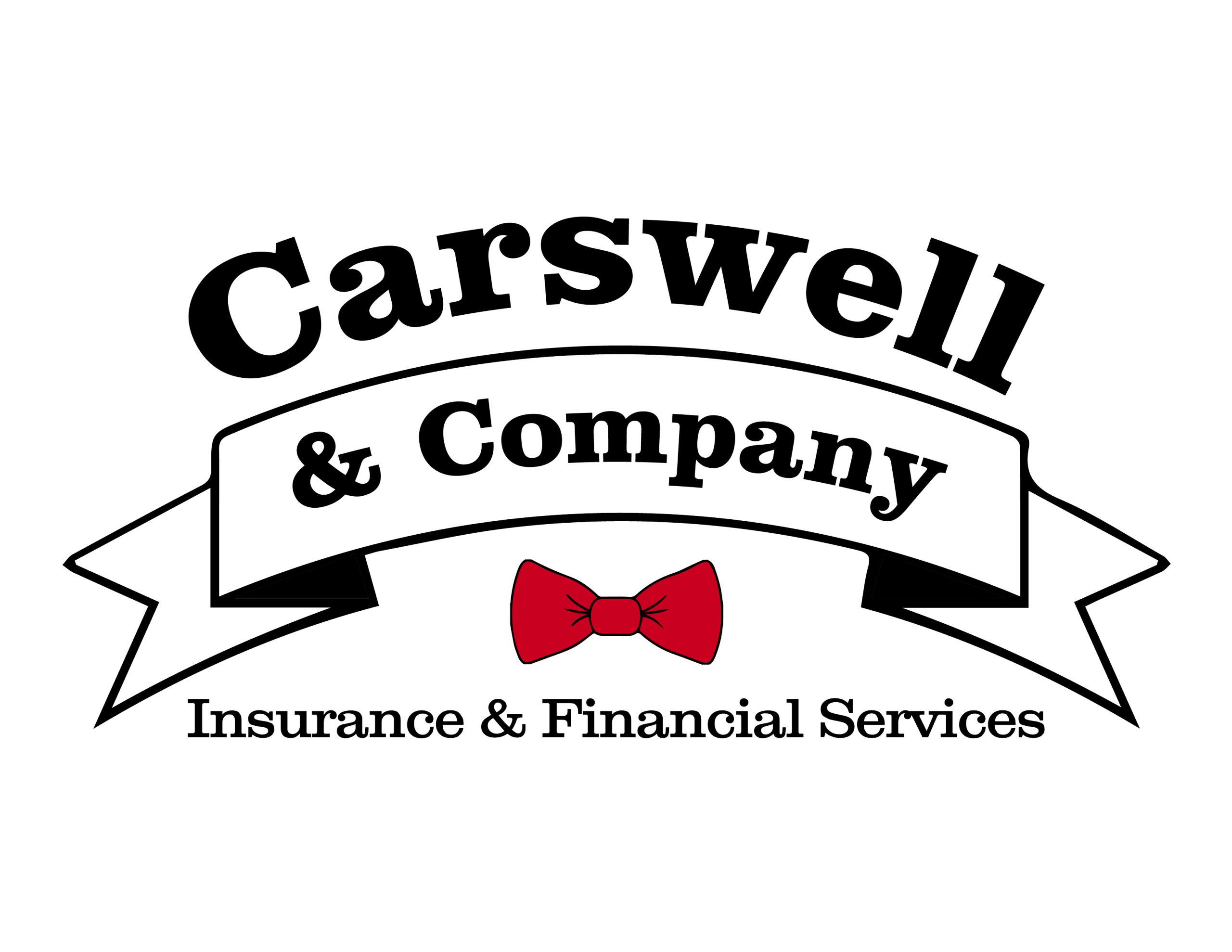Commercial Auto
As a business owner, you need the same kinds of insurance coverages for the car you use in your business as you do for a car used for personal travel — liability, collision and comprehensive, medical payments (known as personal injury protection in some states) and coverage for uninsured motorists. In fact, many business people use the same vehicle for both business and pleasure. If the vehicle is owned by the business, make sure the name of the business appears on the policy as the “principal insured” rather than your name. This will avoid possible confusion in the event that you need to file a claim or a claim is filed against you.
Whether you need to buy a business auto insurance policy will depend on the kind of driving you do. A good insurance agent will ask you many details about how you use vehicles in your business, who will be driving them and whether employees, if you have them, are likely to be driving their own cars for your business.
While the major coverages are the same, a business auto policy differs from a personal auto policy in many technical respects. Ask your insurance agent to explain all the differences and options.
General Liability
If you have a personal umbrella liability policy, there’s generally an exclusion for business-related liability. Make sure you have sufficient auto liability coverage.
Unfortunately for every business owner, the chances of getting sued have dramatically increased in the last decade. General Liability insurance can prevent a legal suit from turning into a financial disaster by providing financial protection in case your business is ever sued or held legally responsible for some injury or damage.
General Liability pays losses arising from real or alleged bodily injury, property damage, or personal injury on your business premises or arising from your operations.
Broad Range of General Liability Protection
Workers Compensation
Workers compensation laws were created to ensure that employees who are injured on the job are provided with fixed monetary awards. This eliminates the need for litigation and creates an easier process for the employee. It also helps control the financial risks for employers since many states limit the amount an injured employee can recover from an employer.
Workers Compensation Insurance is designed to help companies pay these benefits. As a protection for employees, most states require that employers carry some form of Workers Compensation Insurance. Workers Compensation Insurance is not health insurance. Workers Compensation is designed specifically for injuries sustained on the job.
In most states, if you have employees, you are required to carry Workers Compensation coverage. Even in non-mandatory states, it can be a very good idea, particularly if you have many employees, or if they are engaged in hazardous activities.
Do I need workers compensation insurance?
Employers have a legal responsibility to their employees to make the workplace safe. However, accidents happen even when every reasonable safety measure has been take
To protect employers from lawsuits resulting from workplace accidents and to provide medical care and compensation for lost income to employees hurt in workplace accidents, in almost every state, businesses are required to buy workers compensation insurance. Workers compensation insurance covers workers injured on the job, whether they’re hurt on the workplace premises or elsewhere, or in auto accidents while on business. It also covers work-related illnesses.
Workers compensation provides payments to injured workers, without regard to who was at fault in the accident, for time lost from work and for medical and rehabilitiation services. It also provides death benefits to surviving spouses and dependents.
Each state has different laws governing the amount and duration of lost income benefits, the provision of medical and rehabilitation services and how the system is administered. For example, in most states there are regulations that cover whether the worker or employer can choose the doctor who treats the injuries and how disputes about benefits are resolved.
Workers compensation insurance must be bought as a separate policy. Although in-home business and business owners policies (BOPs) are sold as package policies, they don’t include coverage for workers’ injuries.

